On the afternoon of October 8, at the 50th session of the National Assembly Standing Committee, presenting a summary report on the review of the draft Law on Press (amended), Chairman of the National Assembly's Committee on Culture and Society Nguyen Dac Vinh said that the Standing Committee of the National Assembly's Committee on Culture and Society agreed with the necessity of amending the Law on Press, agreeing with the grounds and reasons presented in the Government's Submission No. 797TTr-CP. The amendment of the Law aims to continue institutionalizing the Party's guidelines and policies on building a professional, humane and modern press and media; in accordance with Plan No. 81/KH-UBTVQH15 of the National Assembly Standing Committee and the National Assembly's Legislative Program for 2025; overcoming the limitations and shortcomings of the current Law and in press work in recent times.
The Committee finds that the draft Law on Press (amended) has been carefully and seriously prepared; has absorbed and revised many times based on comments from ministries, branches, localities, experts, and press agencies that are beneficiaries and affected by the policies in the draft Law.
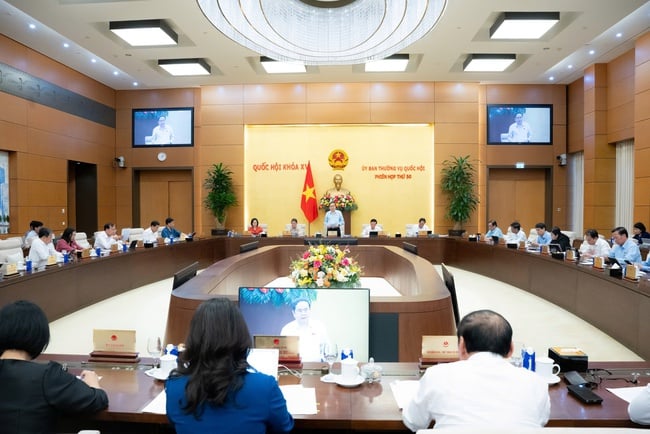
The National Assembly Standing Committee gave its opinion on the Press Law (amended).
Regarding some major contents of the draft law, Chairman of the National Assembly's Committee on Culture and Society Nguyen Dac Vinh said that, compared to the current Press Law, the draft Law continues to divide the press into 4 types but has revised the names of the press types to print press, spoken press, visual press and electronic press.
The Standing Committee believes that the use of the above concepts needs to be carefully considered to ensure consistency with specialized terminology, universality and no misunderstanding in the understanding of Vietnamese.
In the practice of journalism training, practice and management in Vietnam and international journalism, the types of journalism used are: print, radio, television, and electronic newspapers; this is a scientific term, widely used, and highly stable.
Regarding the main multimedia media agency, one of the new points of the draft Law on Press (amended) is the addition of regulations on "main multimedia media agency", showing that the state management mindset has approached the trend of integrating media and press on a modern technology platform, in the context of digital transformation and increasing information competition.
Some opinions suggest that, in addition to the above 6 press agencies, it is necessary to consider adding key multimedia press agencies in some localities or some units that have built up prestige and brand for a long time, and have a certain position in press activities; consider changing the phrase "key multimedia media agency" to the phrase "key multimedia press - media agency".
Regarding the subjects proposed to be granted press operation licenses (Clause 1, Article 17), currently, in some cases, the activities of press agencies under social organizations, socio-professional organizations, and research institutes still have shortcomings, causing frustration for people and businesses, and difficulties for state management.
According to the Government 's Report, "some social organizations and socio-professional organizations do not have the funds to ensure the magazine's operations, and have loosened management so that the magazine operates on its own, covers its own expenses and maintains its apparatus, leading to violations of press laws, prolonged complaints and denunciations, and even harassment of reporters, who are criminally prosecuted."
To overcome the current shortcomings and limitations, and avoid the widespread establishment of press agencies that operate ineffectively, the Standing Committee of the Committee agrees with the drafting agency on assigning the Government to stipulate specific conditions for socio-political and professional organizations and social organizations when requesting a press license in Clause 3, Article 17. At the same time, in the process of drafting the guiding document, it is recommended that the drafting agency research and specify this content, ensuring it is more suitable to practical conditions.
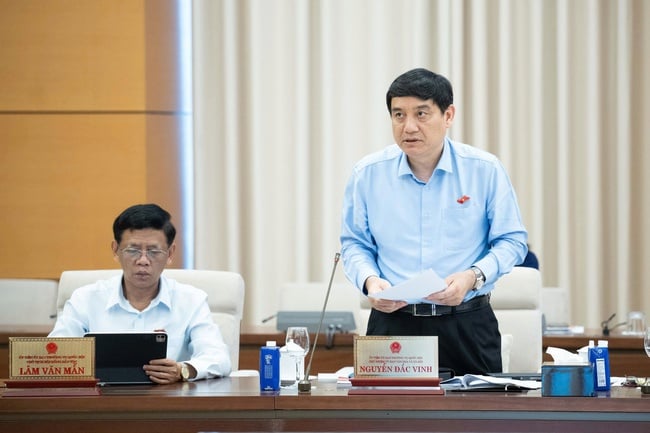
Chairman of the National Assembly's Committee on Culture and Society Nguyen Dac Vinh presented the inspection report.
Regarding the contents related to "press economy", the Standing Committee agreed with the regulations to create conditions for press agencies to have more revenue and increase finances to ensure and improve the quality of operations, as in the draft law.
However, it is necessary to continue to conduct additional research to clarify the concept of press economics and regulations related to public investment and autonomy mechanisms. It is necessary to clarify regulations on revenue from business activities and affiliated service business activities of press agencies and units under press agencies.
Point c, Clause 2 stipulates that press agencies using public assets to carry out linkages must comply with legal provisions on management and use of public assets.
Regarding press activities in cyberspace (Section 1, Chapter III), compared to the current Law, the draft Law has added regulations on press activities in cyberspace, promptly updating state management requirements in the context of digital media.
The Standing Committee of the Committee found that the provisions in Chapter III are only principles on compliance with legal regulations on press, network security, regulations on the principles and purposes of press agencies (Clause 1, Article 30), on the responsibilities of press agencies when opening content channels on cyberspace such as being responsible for content and copyright when posting and broadcasting information on content channels on cyberspace, on depositing electronic press, on notifying state management agencies... (Article 31), and lacking regulations to promote press activities on cyberspace such as: operating conditions, organization methods, state management measures for press activities on cyberspace; responsibilities of cross-border platforms in coordinating with press agencies to prevent and remove bad and toxic information; issues of training and fostering press human resources to publish press on cyberspace,... which need to be researched and supplemented.
Regarding the regulations on scientific journals, the majority of opinions in the Standing Committee agreed with the provisions of the draft Law, according to which, scientific journals are defined as a special type of journalism in Clause 16, Article 3, Clauses 3 and 5, Article 16 and Clause 2, Article 21 to overcome the situation of "journalization", some scientific journals operate contrary to their principles and purposes, operate like ordinary newspapers/newspapers, with little or no scientific nature.
In addition, there are opinions suggesting that scientific journals should not be included in the subject of regulation of this Law but should be regulated in the Publishing Law because of the nature of these journals and according to international experience.
Regarding digital transformation in the field of journalism, the Standing Committee of the Committee believes that the draft Law needs to continue to be completed and supplemented with regulations in the direction of creating a legal corridor to build mechanisms and policies to encourage the development of domestic digital technology platforms, distribution of press information content; on the rights and legal responsibilities of journalists and press agencies when using new technology in press activities.
Source: https://bvhttdl.gov.vn/ho-so-luat-bao-chi-sua-doi-duoc-chuan-bi-cong-phu-nghiem-tuc-20251008163207347.htm




![[Photo] Prime Minister Pham Minh Chinh attends the World Congress of the International Federation of Freight Forwarders and Transport Associations - FIATA](https://vphoto.vietnam.vn/thumb/1200x675/vietnam/resource/IMAGE/2025/10/08/1759936077106_dsc-0434-jpg.webp)



![[Photo] Prime Minister Pham Minh Chinh inspects and directs the work of overcoming the consequences of floods after the storm in Thai Nguyen](https://vphoto.vietnam.vn/thumb/1200x675/vietnam/resource/IMAGE/2025/10/08/1759930075451_dsc-9441-jpg.webp)
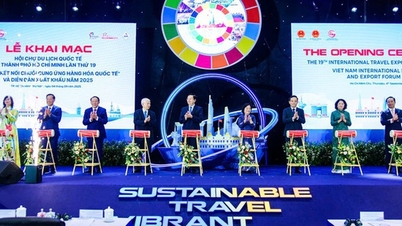











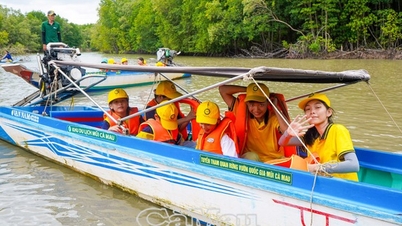

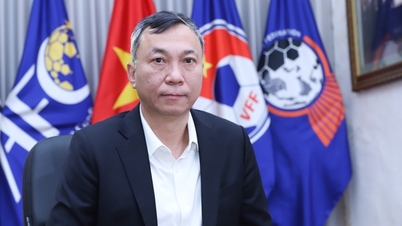

![[Photo] Closing of the 13th Conference of the 13th Party Central Committee](https://vphoto.vietnam.vn/thumb/1200x675/vietnam/resource/IMAGE/2025/10/08/1759893763535_ndo_br_a3-bnd-2504-jpg.webp)




























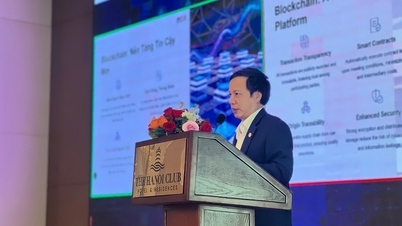














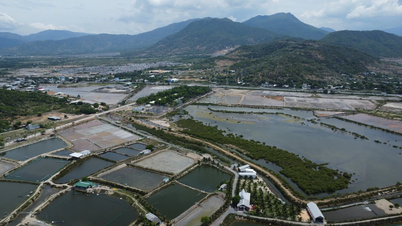


















Comment (0)